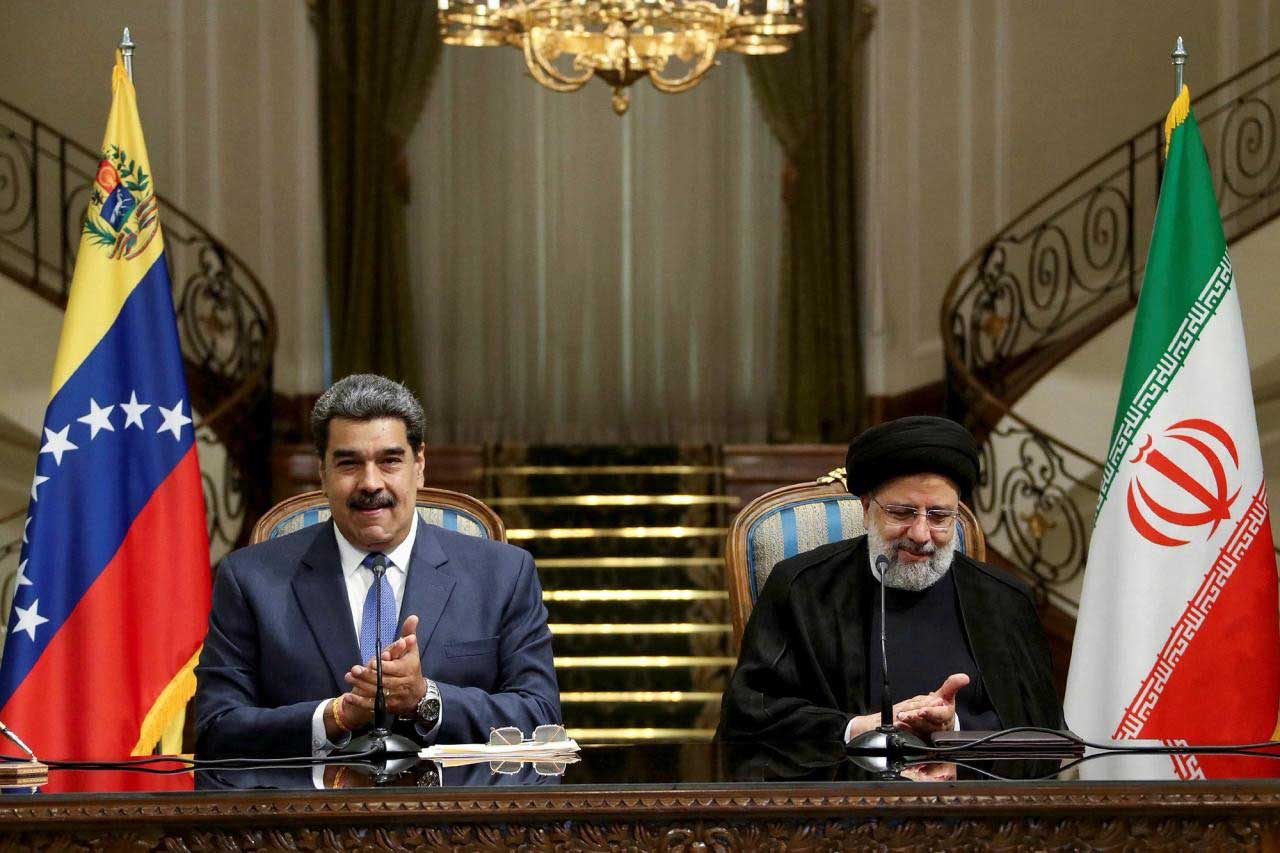Back in 2008, LatAmThought wrote about Iran’s presence in Latin America. The topic has generated significant interest in recent years, as the Islamic Republic has continued to strengthen ties with Latin American countries, particularly Venezuela, and remains a very real thorn in the side of any potential negotiations between the United States and many countries in the region.
The fight for hearts and minds reached a new level on 3 May, when Cuba and Iran announced plans to increase media cooperation via Iranian run Spanish language news network Hispan TV. Hispan TV was launched last week eight months after a September 2010 announcement from Iranian state officials announcing the importance of increasing awareness of Iran’s “ideological legitimacy”.
But why Spanish? The Guardian reports that Ezatollah Zarqami, the head of Iranian State TV, says because half of the world speaks Spanish. Based on that assumption, and this data, that would mean that 2.6 billion people speak Spanish as a second language.
The answer most likely has to do with the intended audience. Launching a Spanish language network clearly targets the Spanish speaking world, the majority of which resides in Latin America. It is an example of the type of soft power information campaigns that many governments are undertaking in efforts to promote policy, improve public diplomacy, and have a say in the information madhouse that exists today.
The Miami Herald reports that the goal of the cooperation is ‘first-hand, authentic news’. This is an oft-desired, rarely-found goal that takes years of consistency to cultivate. Ironically, in this case, the elusiveness stems from its purported aim to inform: Looking at Iran’s desire to project influence in Latin America from a communications perspective, creating a news network – which seems like the right way to go – will fail if those who consume the media do not trust the source. Users, not the brand, determine a brand’s identity and credibility – they have an excellent filter. Simply providing information and claiming one as a credible source does not
Hispan TV is getting off on the wrong foot – the government’s claim that half the world speaks Spanish is questionable. Further efforts at creating authentic news will be hampered by gaffes like that.
But maybe for Iran’s purposes, veracity isn’t most important. A veteran DC journalist recently told LatAmThought that in his opinion, in today’s world, a commercially successful journalist has a point of view. In a similar manifestation of this sentiment, an ad campaign by Pix11 on the NYC subways poses the rhetorical question “Shouldn’t your newscast have a point of view?”, implying that the news come with a point of view.
The Iranian government does not lack points of view. Presumably, neither will their information network.

Reply